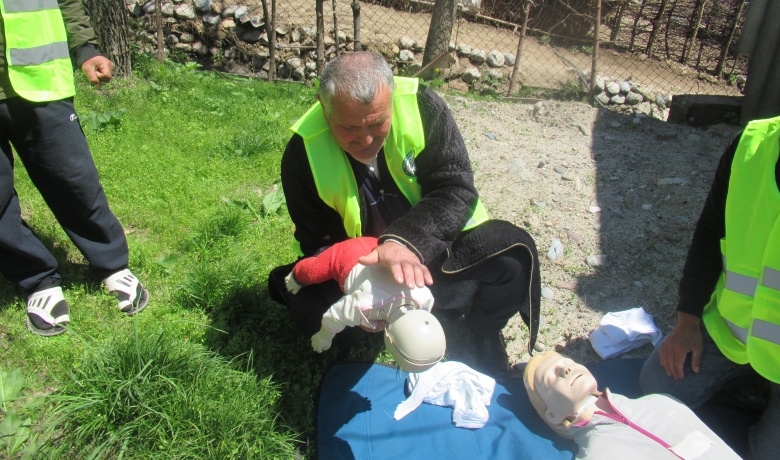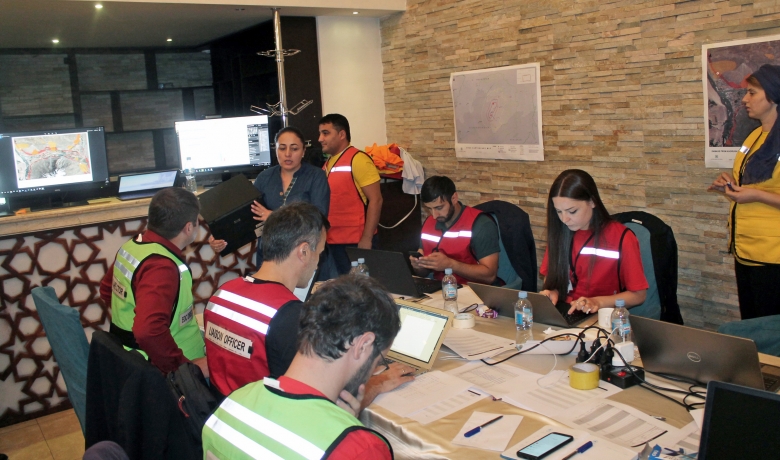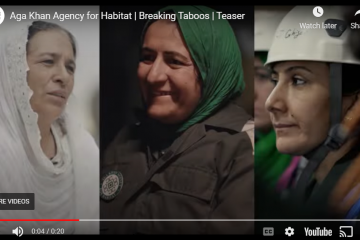AKDN AND
The AKDN’s humanitarian assistance takes a long-term view of the response to disasters, whether they are sudden- or slow-onset. This view has been shaped by the Network’s experience in many of the places where it works – often some of the most remote and difficult to reach places in the world.
While addressing the immediate needs of people affected by disasters – including food, clothing, shelter and health care – it simultaneously begins the process of long-term development. Its ultimate aim is to help people in need reduce their dependence on humanitarian aid while facilitating their transition to sustainable, self-reliant, long-term development.
MoreThe Aga Khan University, the Aga Khan University Hospital and the Aga Khan Health Services provided extensive emergency medical support through more than 80 doctors (including physicians, surgeons, paediatricians, anaesthesiologists and other medical specialists), 40 nurses and teams of medical technicians, field officers and medical students. Over 350 trauma patients were treated, 10,000 people were provided with emergency or basic health care, and nursing, medical and psychiatric training was extended. The AKDN mobilised over 1,000 volunteers. In all of its endeavours, it worked closely with various government ministries and departments, UN agencies, and international multilateral and bilateral partners.
In the recovery stage, AKDN institutions help communities rebuild so they can function on their own and return to normal development activity and progress. At the same time they work to protect against future hazards and lay the groundwork for ongoing development. AKAH serves as a focal point to coordinate and accelerate risk reduction activities in the areas in which the AKDN works, many of which are hazard-prone yet without even basic standards of structural and non-structural safety and preparedness. Typically, while AKAH works to prepare communities for disasters and the effects of climate change, other agencies, such as the Aga Khan Foundation, address some of the long-term impediments to progress, such as food security, natural resource management, or access to education.
>Agencies
The humanitarian assistance is coordinated by the Aga Khan Agency for Habitat, but other agencies give their support when need be





































